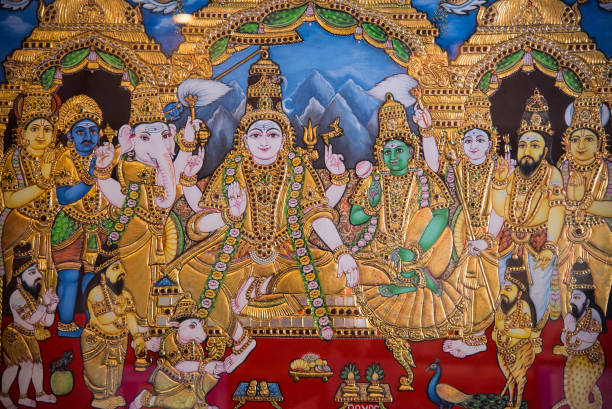Karl Marx has highly criticized the capitalist system, as in this system the considerable power and clout vested in hands of powerful firms leaving behind the poor under sheds of low wages and suffering. In this regard, he put forward his theory of alienation. Some important points of this theory are mentioned as follows: Karl Marx- Alienation
- The theory of alienation plays a major role in Marxian understanding of exploitation.
- Alienation designates ‘separation from’.
- With this Marx tries to explain the inherent relationship between labor and human nature. Marx says that alienation is a feeling of separation and dissatisfaction from a group, society, and even oneself.
- The contradiction between labor and their actual social conditions has been shown under capitalism.
- Marx mentioned his theory of alienation in his work Economic and Political Manuscripts 1844.
More specifically, alienation is a state of helplessness separation, and vanity experienced by the people while confronting social institutions which is uncontrollable for them.
Alienation in different social stages.
According to Marx, alienation can be observed in different stages. Some of the standpoints in this regard are mentioned below: Karl Marx- Alienation
- In primitive times, people felt alienated when they saw nature as too overpowering.
- Humans developed means and forces of production to conquer nature, but alienation passed on from the natural range to the social range.
- On moving from one mode of production to another, the level of alienation also raises.
- During any stage, when a person becomes the slave of production, his self-independence is lost.
- A man is identified by his work in any mode of production, but his creativity is reduced in certain ways becomes he has no control over what he produces.
- As the result, when an individual does not get an exact expression for his produce and creativity, he feels alienated.
Further, Marx has explained four different forms of alienation that are elaborated. The four dimensions include alienation of the worker from their product, act of production, other workers, and their species-essence. Karl Marx- Alienation
4 FORMS OF Karl Marx- Alienation.
Alienation from the process of production.
- This form mentions that the process of production in capitalism is detailed regardless of the individualism of workers.
- The process of production is fixed and can not be changed by workers.
As a result, workers lose control over their production and senses alienated. Karl Marx- Alienation
Alienation from the product.
- The product is not in hands of the ones who produce it but for capitalists.
- No control of workers over quantity, and quality of the product.
A worker who wishes to have the same product had to purchase it from the market which leads to a feeling of alienation. Karl Marx- Alienation
Alienation from fellow workers.
- No worker gets time to interact with others.
- In the capitalistic mode of production, the social element of work gets completely lost.
- Consequently, a person starts feeling alienated even from the people he works with.
Alienation from oneself and one’s potential.
- Work becomes a compulsion for workers instead of their choice.
- The worker loses control over his ideas and fails to turn them into reality.
As a result, a person gets alienated from his thoughts. Karl Marx- Alienation
CRITICISM.
- According to C W Mills, white-collar workers also feel alienation due to fake smiles and artificial polite behavior.
- Karl Popper states that alienation can be an upbringing ground for creative ideas as it may lead people towards innovation and revolution.
- Goldthorpe and Lockwood recommend that work is just a means to an end, i.e, improved standards of living.











